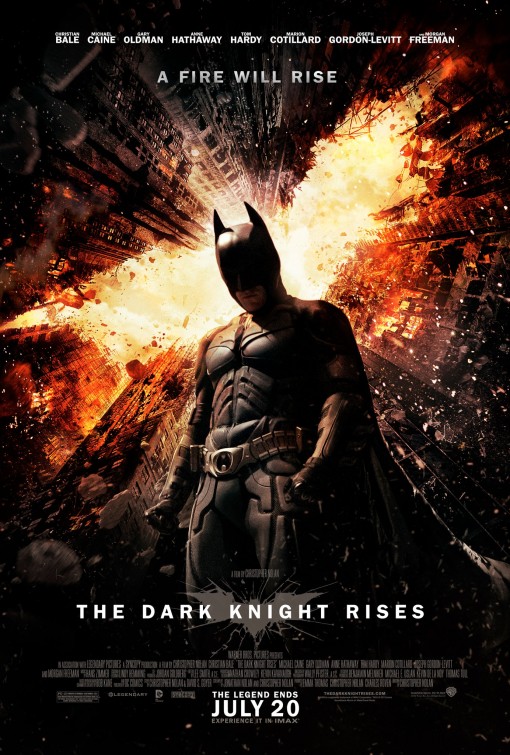It’s dark. It’s cerebral. It’s a genuinely fascinating study of human nature with real-world implications. As the finale to Christopher Nolan’s Batman trilogy, it is almost perfect.
Make no mistake, the serious, dark, even brooding direction in which Nolan has led the franchise is a major departure from earlier renditions (à la the cheese-fest that was 1997’s Batman and Robin.) The result is a movie about the Caped Crusader that takes itself seriously, so much so that it almost seems plausible and realistic at times.
It is downright chilling to see the social order of Gotham break down under the control of Bane—mostly because it resembles so closely a combination of the Bolshevik Revolution and the rise of the Nazi party in Germany.
In many ways, Batman is trying to save Gotham from itself in this movie. Overall, it is a fitting metaphor.
It’s refreshing to see a superhero movie that is more than a collection of action sequences strung together with only the barest wisp of a plot and a collection of one-liners.
If anything, there is actually almost too much story. As an entry point to the trilogy, The Dark Knight Rises can be a bit unfriendly. It’s been a long time since I saw Batman Begins (when it came out in 2005) and there were quite a few plot points returning from that movie that are still a bit fuzzy.
Visually, the movie is a feast. The locations are varied and interesting, and the cinematography manages to avoid the now almost obligatory shaky-cam in favor of longer cuts.
Altogether, it is a triumphant swan-song for the Batman trilogy, combining gorgeous visuals, solid action, smart writing and scarily accurate real-world themes.

